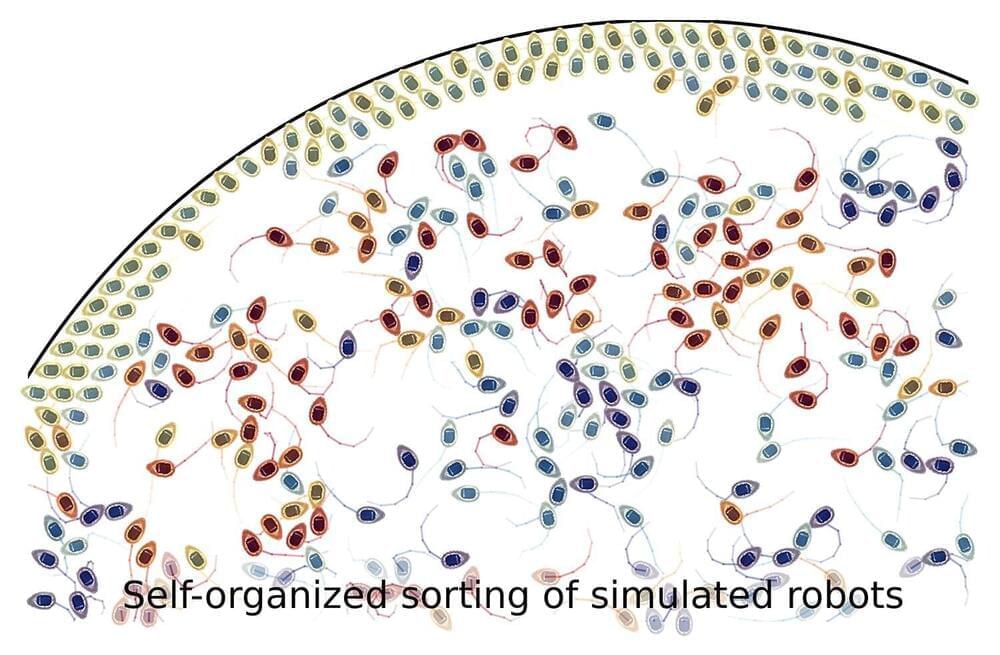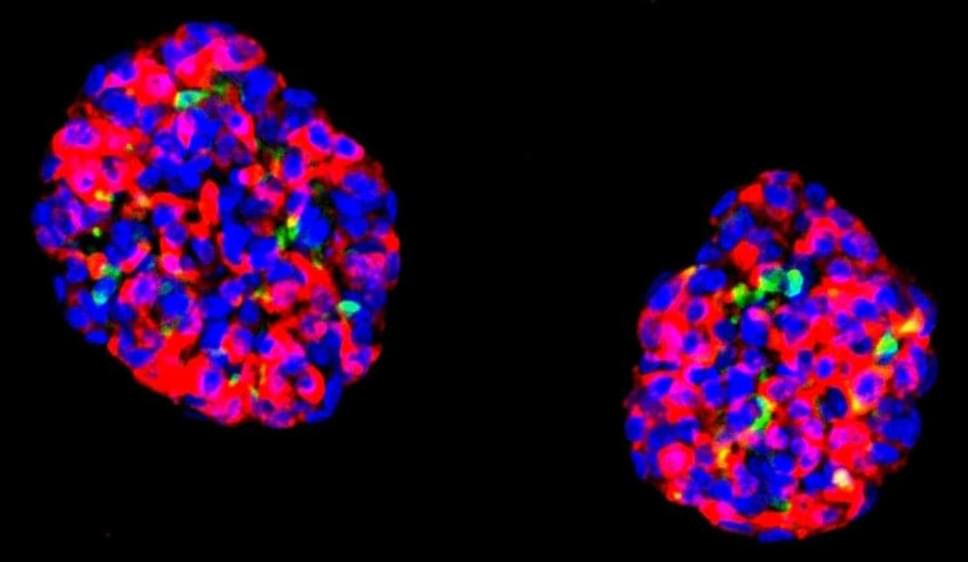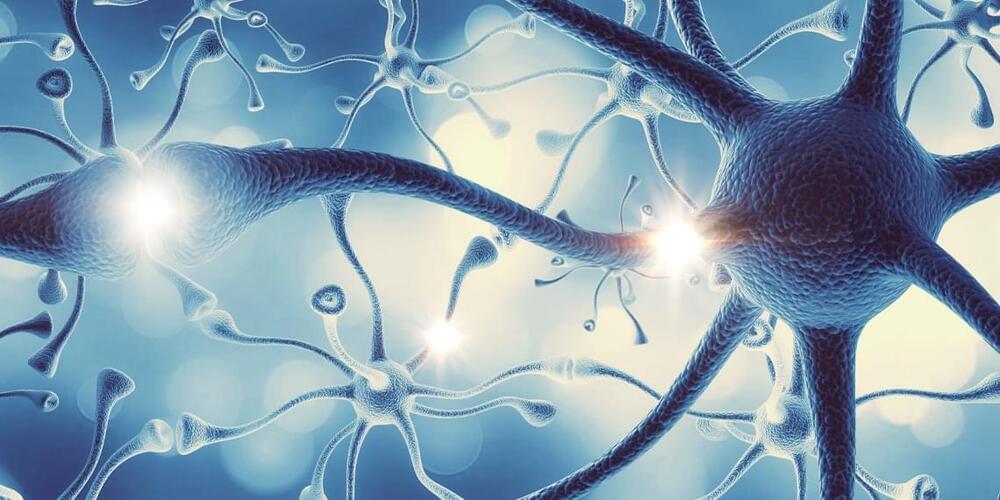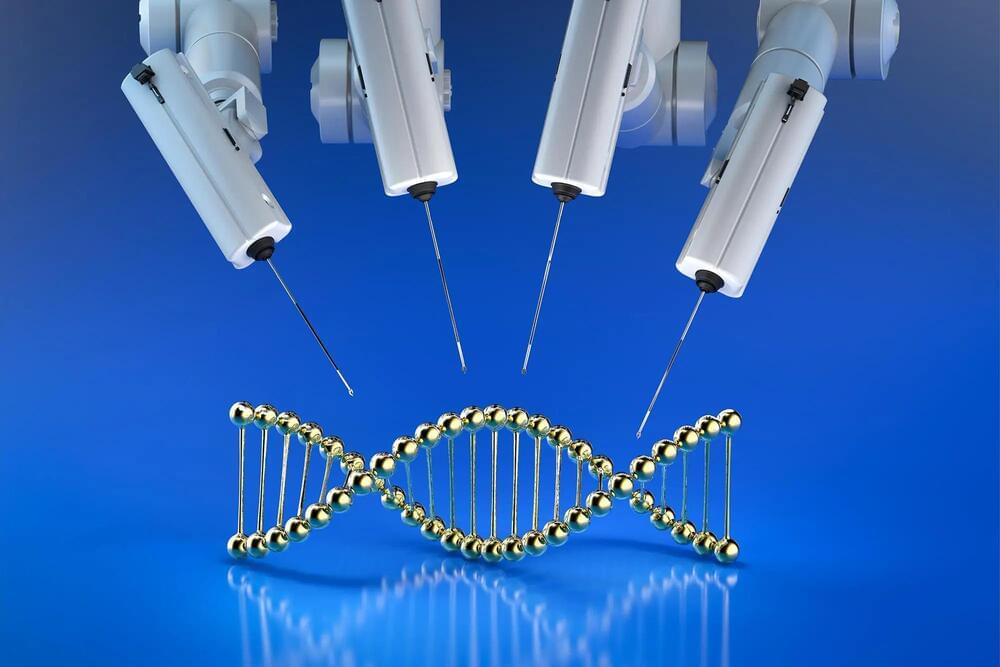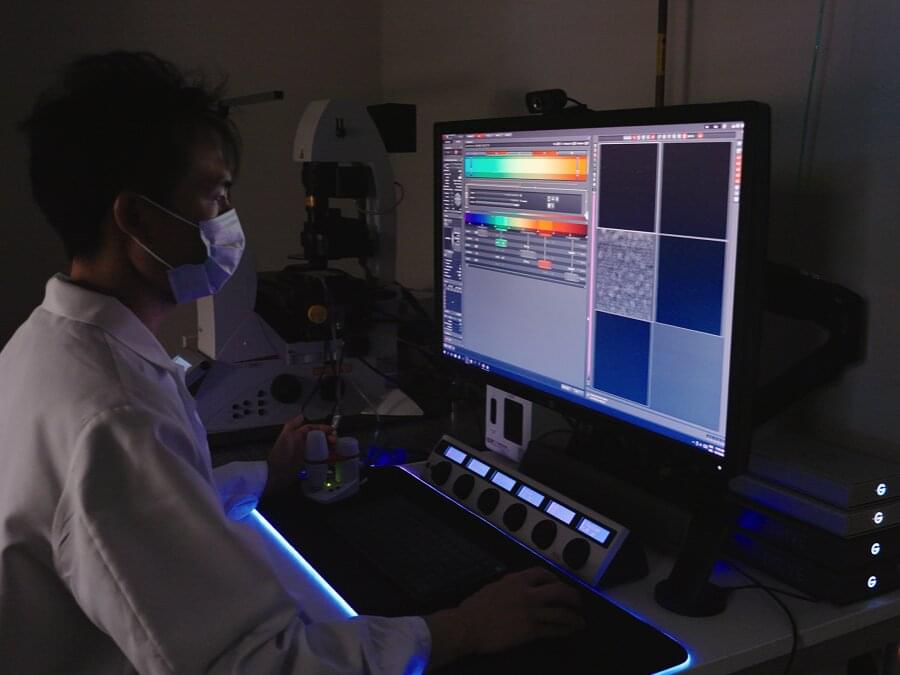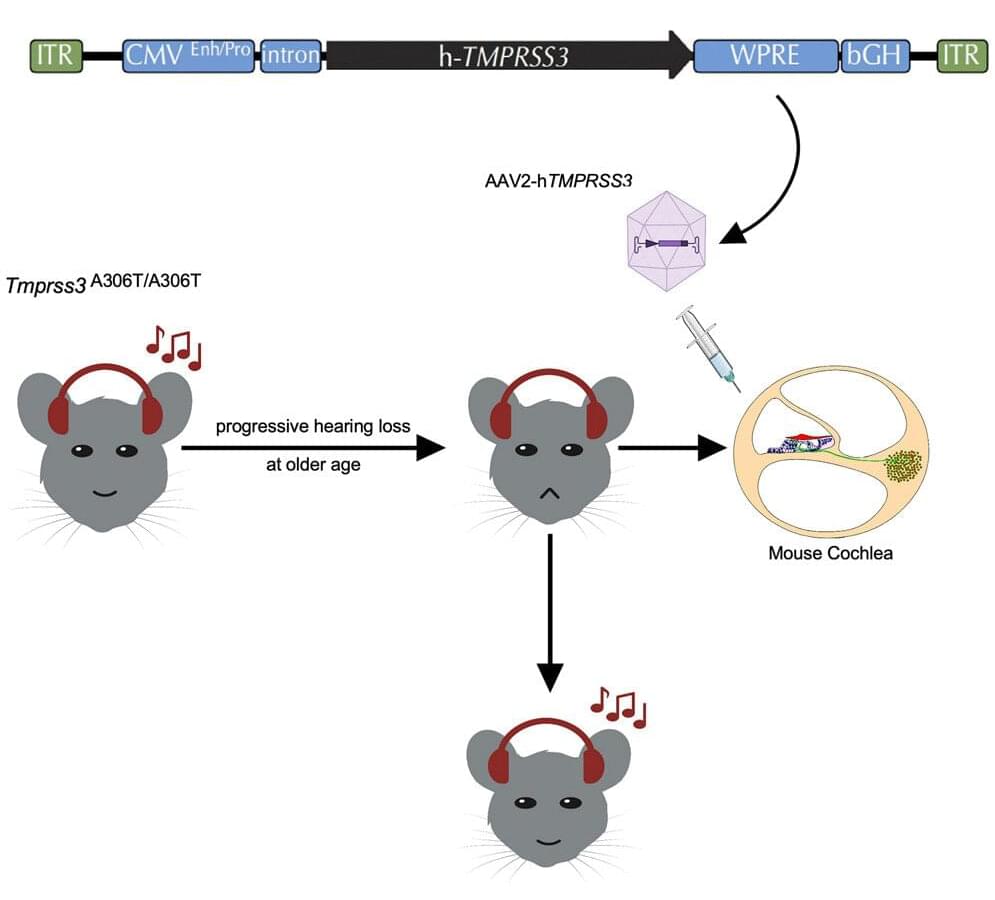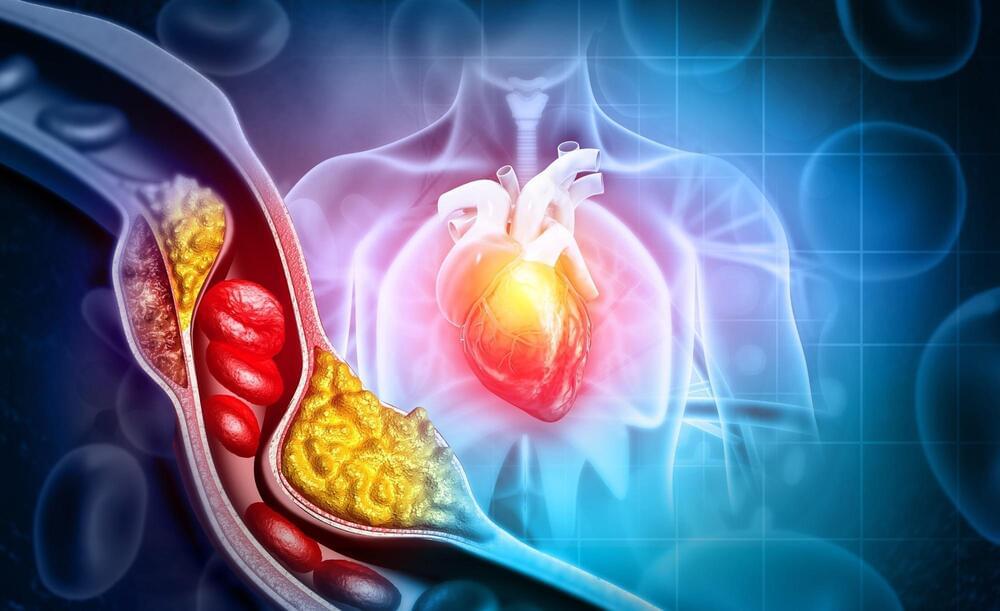Miniaturization is progressing rapidly in many fields, and the trend toward the creation of ever smaller units is also prevalent in the world of robot technology. In the future, minuscule robots used in medical and pharmaceutical applications might be able to transport medication to targeted sites in the body. Statistical physics can contribute to the foundations for the development of such technologies.
A team of researchers at Johannes Gutenberg University Mainz (JGU) has now taken a new approach to the issue by analyzing a group of robots and how they behave as collectives of motile units based on the model of active Brownian particles. The team’s findings demonstrating that there may be an alternative route to realize programmable active matter have been published in Science Advances.
Researchers are looking for new ways to perform tasks on the micro-and nanoscale that are otherwise difficult to realize, particularly as the miniaturization of devices and components is beginning to reach physical limits. One new option being considered is the use of collectives of robotic units in place of a single robot to complete a task.
